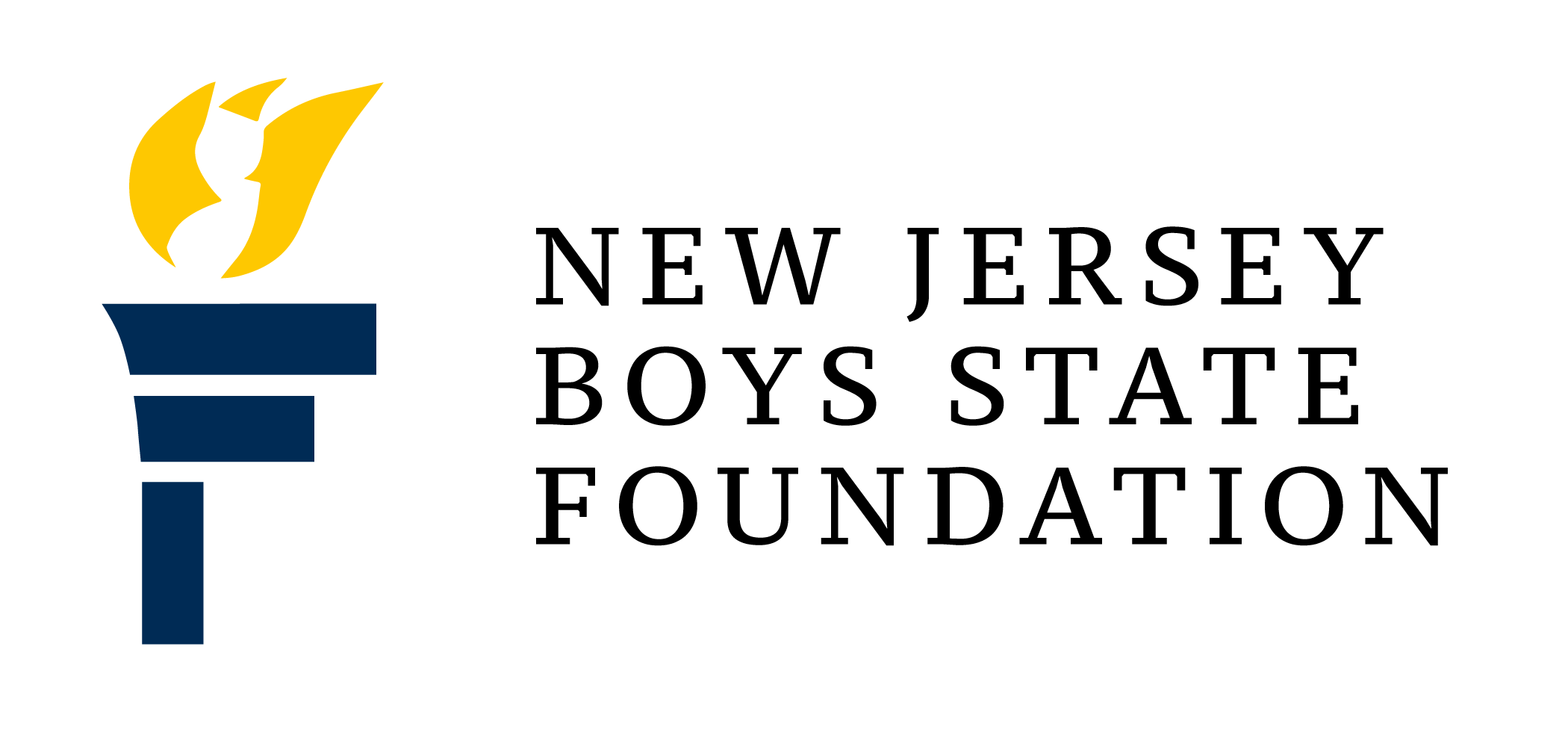News Archive

Let's get this out of the way quickly: yes, we watched Boys State. The 2020 documentary followed four individuals through a week at Texas Boys State, using their stories to explore the program. The film collected critical acclaim and film festival awards. People liked it! We weren't really surprised: Boys State is a great thing, and our friends in Texas run a good program. If we're being honest, it was fun to see our friends and family get a glimpse into this thing we do every June and start understanding why we come back year after year. We had a lot of conversations we wouldn't have otherwise thanks to the film, and for that, we're thankful.
A lot of of those conversations focused on the differences between the film and the program we know. Some of this was due to journalistic limitations: there's just no way to accurately capture the breadth of an entire week and fit it into two hours. Focusing on the political system and four individuals was a necessary constraint.
There's another constraint that often went unobserved, though, and that's Texas. The film is titled Boys State—singular, no adjective—ostensibly telling a story about THE Boys State program. But there isn't one program. There are fifty separate programs in nearly all states (Hawaii is the lone exception), all under the broader American Legion umbrella. (note: I wasn't sure what word would be most accurate to describe the Legion's connections to the Boys State programs. Suggestions welcome.) Each state runs its own program with its own leadership; as a result, each program is different, sometimes dramatically so. We interact with folks from other programs throughout the year (and have welcomed some on occasion to tour our program for a day or two), but we are uniquely, distinctly American Legion Jersey Boys State.
Does this feel insignificant? There's no reason for it to. Place shapes people, and people shape places and institutions. It is a cycle, but it is inescapable that we exist within a short timeline of a place. It came before us and outlives us. It forms us and shapes us, often more than we understand. New Jersey has a hard time with this, more than many regions. We are a densely populated suburban state bordered on three sides by major cities and by the sea on the other. It was the sea that helped to settle New Jersey, with Ellis Island serving as a gateway to millions of immigrants. It is the cities on the other sides that pull from New Jersey and also shape its geography and culture. New Jersey is a full, busy place, an intersecting point for many, a place with deep historical strands from many areas. Go elsewhere and see if it feels the same. Does Texas feel the same as New Jersey? Place seeps into us; it is the water we swim in without understanding what water is.
American Legion Jersey Boys State, then, is uniquely New Jersey's. We have a program full of things, as our schedule shows. We teach a variety of things here, from civics to CPR. We welcome statesmen and staff from a wide range of ethnic backgrounds each year. We are direct, proud, but also don't take ourselves too seriously. And beyond that, the shape of the schedule, the debates, the whole program is uniquely shaped by New Jersey. I've heard debates like the ones I saw in the Boys State documentary, but they did not have the same shape or political viewpoints. New Jersey isn't Texas. Our voting patterns tend to be how you'd expect 17-year-olds from New Jersey to vote, not how the 17-year-olds in Texas voted. This isn't necessarily a "better or worse" distinction; we're not trying to compare ourselves or our program to anywhere else. Here, at the start of this week, we're trying to call attention to what's special about this state, this program, this place.
But it's worth noting that while being part of a place is inescapable, places aren't static. People change places. New Jersey changed dramatically thanks to its immigration influx, and you can see the seeds of that in the mix of cultures we see throughout the state. Those people continue to change the state and our program downstream from that. One of the interesting parts of coming back year after year as staff at ALJBS is getting to develop long-running friendships with people from very different backgrounds as you who care about passing on ideas to the next generation as much as you do. It's hard to find better discussion partners. And as iron sharpens iron, so we learn and grow from each other, then shaping the program.
On Father's Day each year, eighteen Boys State cities become their own place. They form cultures, norms, and practices as the new citizens engage with each other and work together on their city issues. Each city's citizens are unique, and that results in eighteen unique cities. We (and you) will get to watch those cities this week, observing the similarities and differences. They will feel similar but distinct, just like Texas Boys State and ALJBS.
American Legion Jersey Boys State is a place of its own as well. It has lasted for seventy-four years before this group of statesmen became its own, and it will outlive them. After they go from here on Friday, they will have been shaped by this place. Yesterday, when the delegates arrived, they became statesmen, members of this place, able to learn from it, change it, and take part in it. Afterwards, they will be alumni, shaped by it, taking its lessons to the other places they go, and in a new community with the other alumni. But in this week, when these people become part of this place, they embark on a new project: building and being part of a government. They're doing that today. We'll explore it tomorrow and throughout the rest of the week.


